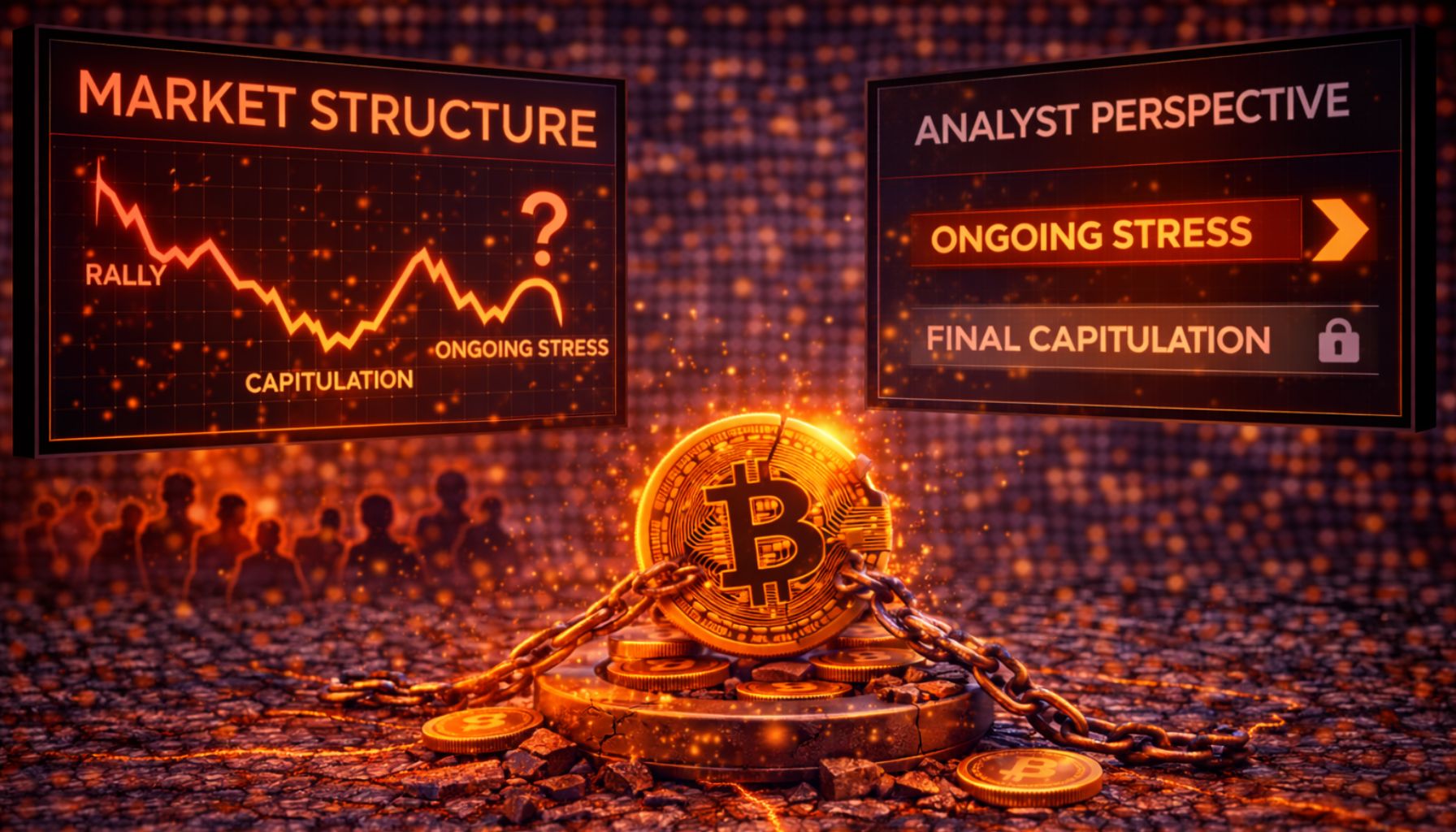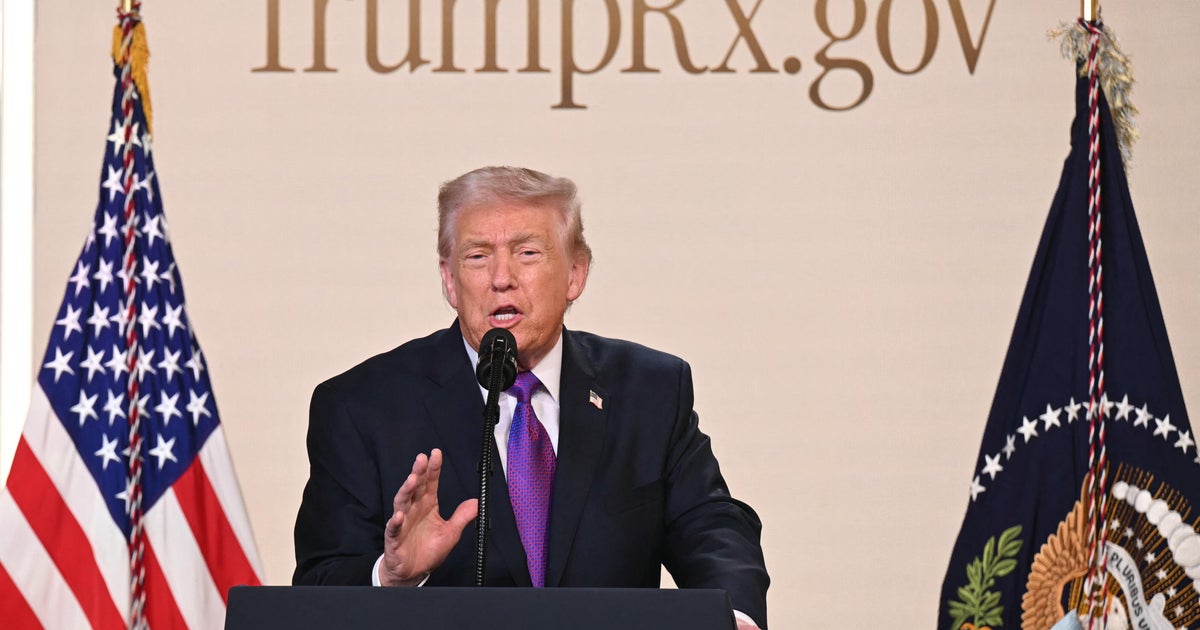Jamie Dimon, CEO of JPMorgan Chase speaking with CNBC’s Leslie Picker in Bozeman, MT on Aug. 2nd, 2023.
CNBC
JPMorgan Chase CEO Jamie Dimon on Tuesday warned about the dangers of locking in an outlook about the economy, particularly considering the poor recent track record of central banks like the Federal Reserve.
In the latest of multiple warnings about what lies ahead from the head of the largest U.S. bank by assets, he cautioned that myriad factors playing out now make things even more difficult.
“Prepare for possibilities and probabilities, not calling one course of action, since I’ve never seen anyone call it,” Dimon said during a panel discussion at the Future Investment Initiative summit in Riyadh, Saudi Arabia.
“I want to point out the central banks 18 months ago were 100% dead wrong,” he added. “I would be quite cautious about what might happen next year.”
The comments reference back to the Fed outlook in early 2022 and for much of the previous year, when central bank officials insisted that the inflation surge would be “transitory.”
Along with the misdiagnosis on prices, Fed officials, according to projections released in March 2022, collectively saw their key interest rate rising to just 2.8% by the end of 2023 — it is now north of 5.25% — and core inflation at 2.8%, 1.1 percentage points below its current level as measured by the central bank’s preferred gauge.
Dimon criticized “this omnipotent feeling that central banks and governments can manage through all this stuff. I’m cautious.”
Much of Wall Street has been focused on whether the Fed might enact another quarter percentage point rate hike before the end of 2023. But Dimon said, “I don’t think it makes a piece of difference whether the rates go up 25 basis points or more, like zero, none, nada.”
In other recent warnings, Dimon warned of a potential scenario in which the fed funds rate could eclipse 7%. When the bank released its earnings report earlier this month, he cautioned that, “This may be the most dangerous time the world has seen in decades.”
“Whether the whole curve goes up 100 basis points, I would be prepared for it,” he added. “I don’t know if it’s going to happen, but I look at what we’re seeing today, more like the ’70s, a lot of spending, a lot of this can be wasted.” (One basis point equals 0.01%.)
Elsewhere in finance, Dimon said he supports ESG principles but criticized the government for playing “whack-a-mole” with no concerted strategy.
“You can’t build pipelines to reduce coal emissions. You can’t get the permits to build solar and wind and things like that,” he said. “So we better get our act together.”
Don’t miss these CNBC PRO stories:












